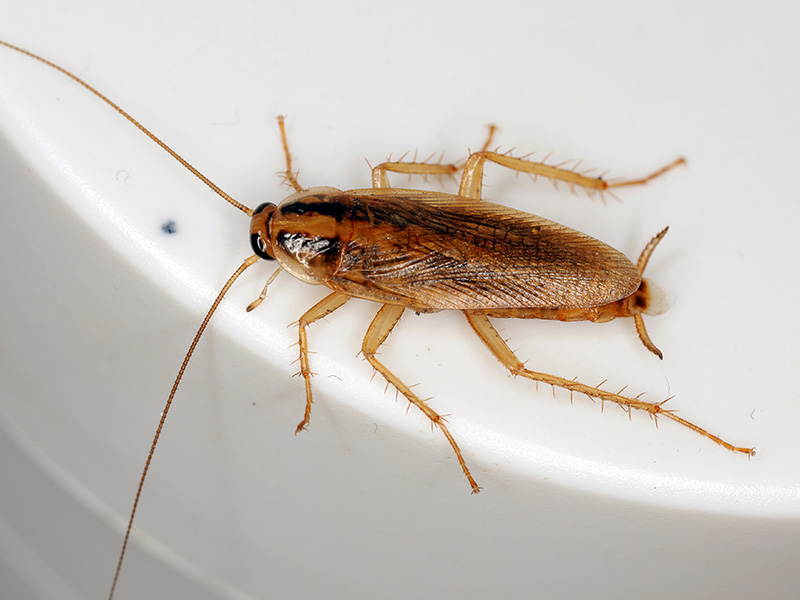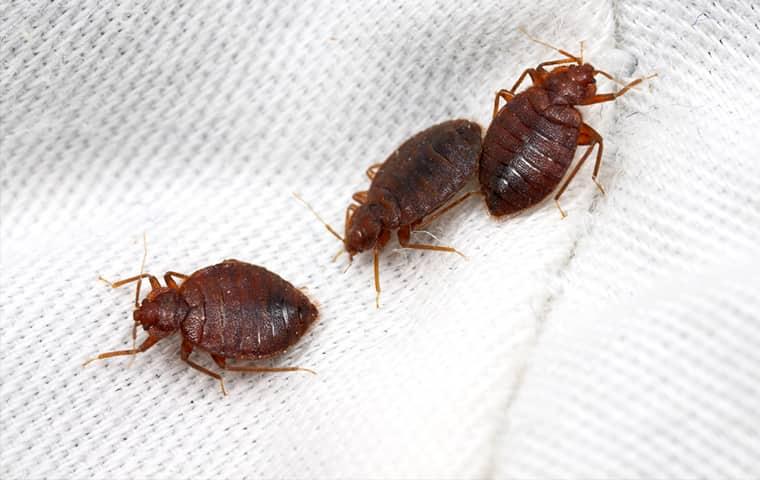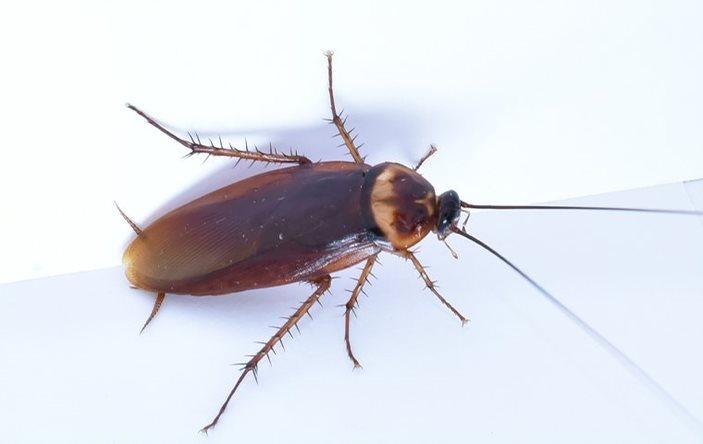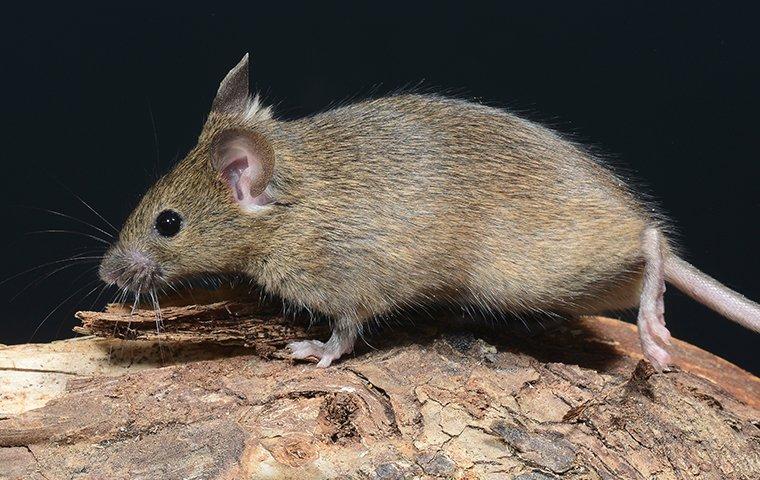How To Get Rid Of Mice In Your Jacksonville Home (And Keep Them Out)
Mice in your home are more than just a nuisance; they can damage property, spread germs, and cause headaches for homeowners. If you live in Jacksonville or elsewhere in Northeast Florida, you already know our warm, humid climate makes homes extra inviting for these tiny invaders.
At Lindsey Pest Services, we’ve seen it all, from attic nests in San Marco homes to mice sneaking under crawl spaces in St Augustine. Our local, woman-owned pest control company has been protecting homes since 1957; we know what works to get rid of mice and, just as importantly, how to keep them out for good.
Whether you want to handle a minor mouse problem on your own or need professional help, this guide will help you.
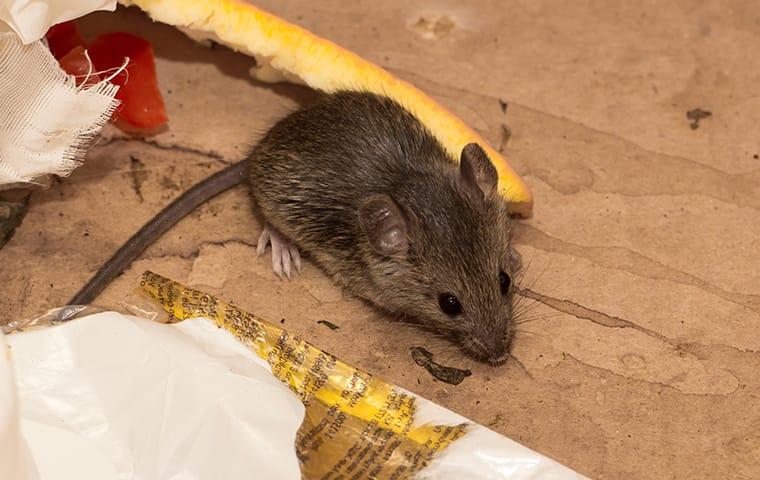
What This Article Covers
- How to spot mice in your Jacksonville home
- Risks mice pose to your health and property
- Professional methods to remove mice
- Simple tips to prevent future infestations
How to Spot Mice in Your Jacksonville Home
Mice are sneaky, quiet, and mostly active at night, which means you might not hear them at all. Dogs and cats often detect them before humans do, but there are other signs you can look for:
- Droppings
Mice leave droppings in hidden spots, such as behind appliances, in attics, or along baseboards. Their droppings are small, dark, and pellet-shaped. - Holes and Gnaw Marks
A mouse only needs a dime-sized opening to get inside. Check walls, baseboards, and cabinets for small entry points and signs of chewing. Keep an eye out for chew marks on electrical wires and other building materials. - Urine Smell
Mice mark their territory with urine. If you notice a strong, musty odor in your attic or kitchen corners, it could be a sign. - Rub Marks
Mice leave greasy streaks along walls, baseboards, and pathways. Darker marks may indicate frequent activity or the presence of multiple mice. - Nests
In Jacksonville homes, mice often nest in attics, garages, or crawl spaces. Look for shredded paper, insulation, or fabric used as nesting material.
Why Mice Are More Than Just a Nuisance
Even a few mice in your home can cause serious problems:
- Health Risks
Mice can contaminate food, surfaces, and cutting boards with bacteria and viruses, including Salmonella. Their droppings can dry, crumble, and become airborne, spreading disease. Some rodents may carry fleas or ticks that transmit additional illnesses. - Property Damage
Mice chew on wires, insulation, and structural wood. Experts estimate that 20–25% of fires from unknown causes are rodent-related. - Rapid Infestations
Our subtropical Jacksonville weather helps mice stay active year-round, increasing the risk of a growing population if the problem isn’t addressed promptly.
The Best Way to Get Rid of Mice in Your Home
Professional rodent control is the most effective way to eliminate mice and prevent them from returning. At Lindsey Pest Services, we use a comprehensive approach:
- Inspection
Our technicians identify signs of mice, entry points, and conducive conditions specific to Jacksonville homes. - Trapping & Baiting
Mice can be tricky, but our trained technicians utilize field-tested protocols to catch and remove them efficiently. - Exterior Monitoring
We place stations around your home to track activity and ensure the control plan is working. - Exclusion Work
Sealing cracks, vents, and other vulnerable areas helps keep mice out. We also offer advice for repairs that require construction. - Odor and Clean-Up Services
Dead mice and droppings can leave lasting odors and health hazards. We use enzyme-based treatments to restore your home.
5 Practical Mouse Prevention Tips for Jacksonville Homeowners
Once mice are gone, you can take steps to keep them out:
- Remove Yard Clutter
Piles of wood, leaves, or brush create hiding spots. A clean yard makes your property less inviting. - Relocate Bird Feeders
Seeds attract mice. Keep feeders away from your home or remove them if rodents are a concern. - Clean Up Fruit & Nuts
Fruit and nut-producing trees are a favorite food source. Remove from your yard regularly. - Clean & Secure Trash Bins
Mice are drawn to the smell of garbage. Keep lids tight and clean bins regularly. - Block Access to Voids Underneath Structures
Use fencing material to prevent mice from entering these protected areas.
Why Jacksonville Homeowners Trust Lindsey Pest Services
We don’t just remove mice, we prevent new rodent infestations. In addition to our stand-alone rodent control services, we also offer residential pest control plans that include:
- Ongoing monitoring for rodents
- Regular preventive treatments
- Protection against more than 30 common Florida pests
If you’ve seen signs of mice in your Jacksonville home, or just want to prevent them, contact Lindsey Pest Services today. Our local experts will inspect your home, provide a customized rodent control plan, and give you peace of mind.
Mouse Prevention and Control FAQ for Homeowners
- Can I get rid of mice myself?
DIY methods may work temporarily, but mice are persistent. Professional treatments and exclusion services ensure long-term results. - How long does it take to eliminate a mouse infestation?
Depending on the size of the infestation, it can take a few days to several weeks. Regular monitoring ensures no mice return. - How can I tell if mice are in my walls or attic?
Look for droppings, rub marks, gnawing, or signs of nesting. Unexplained noises at night may also be a clue.









